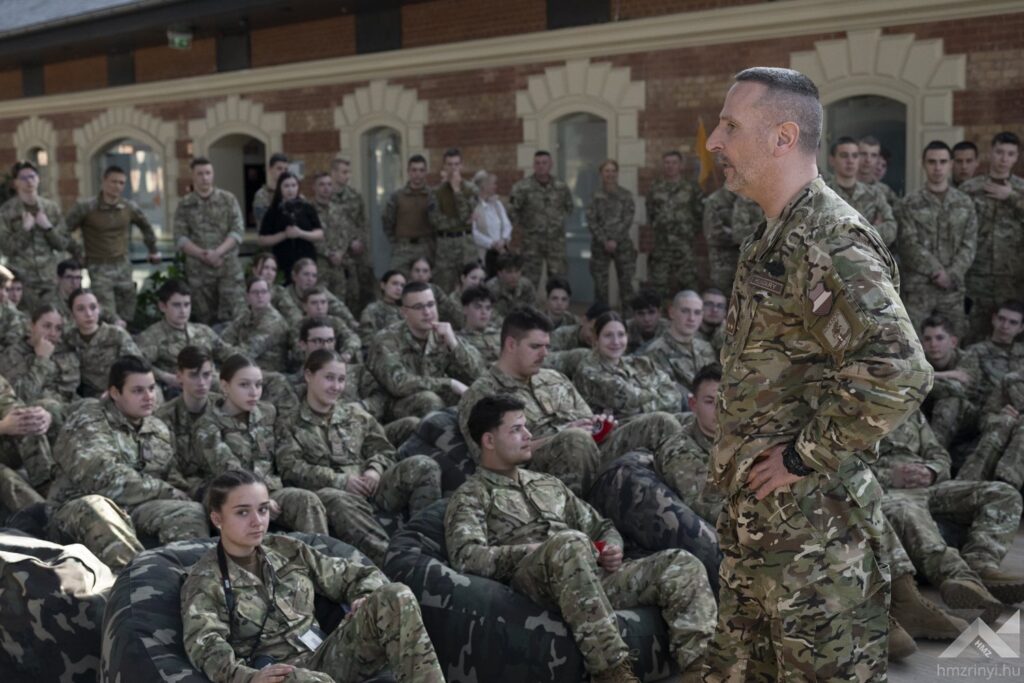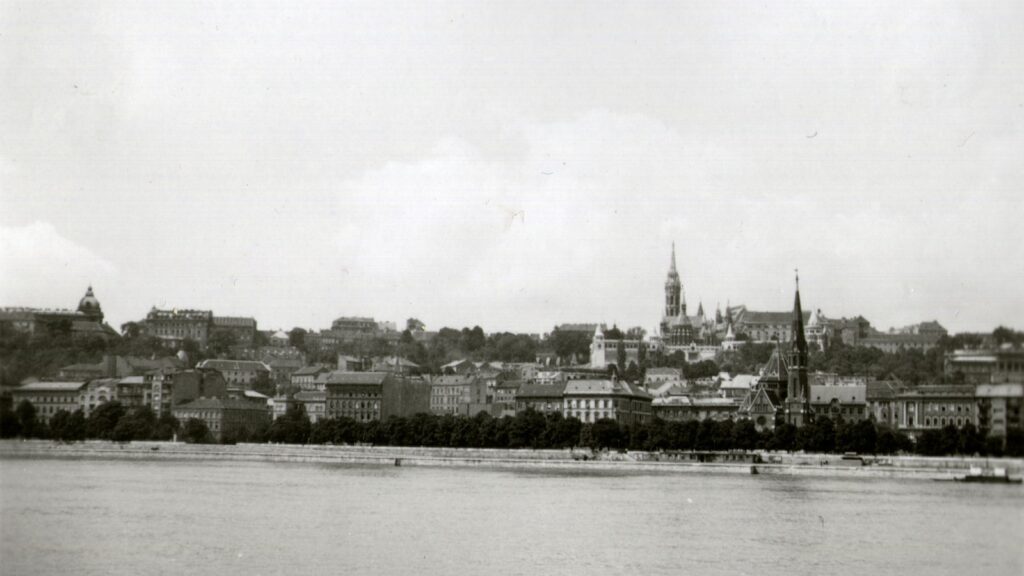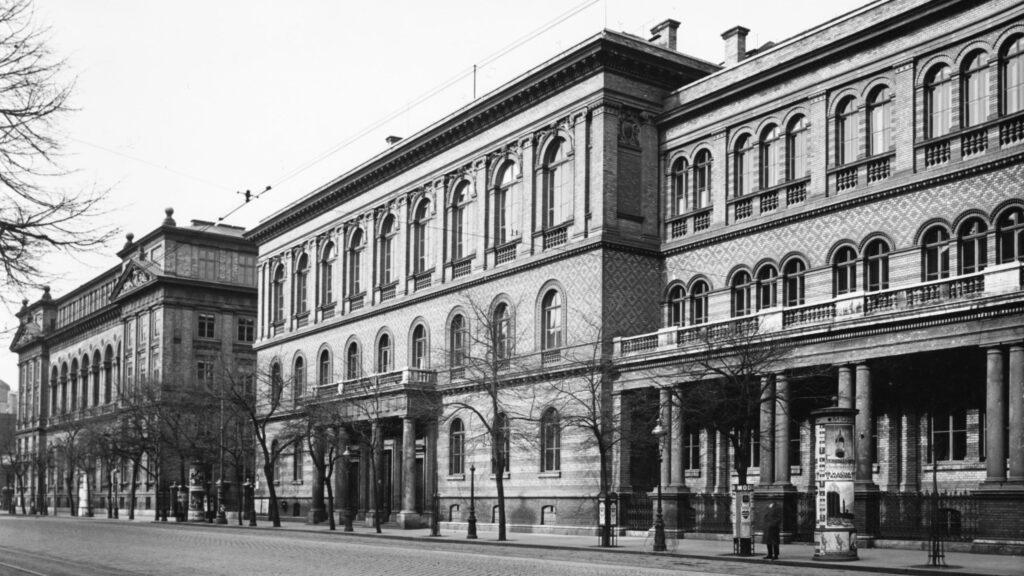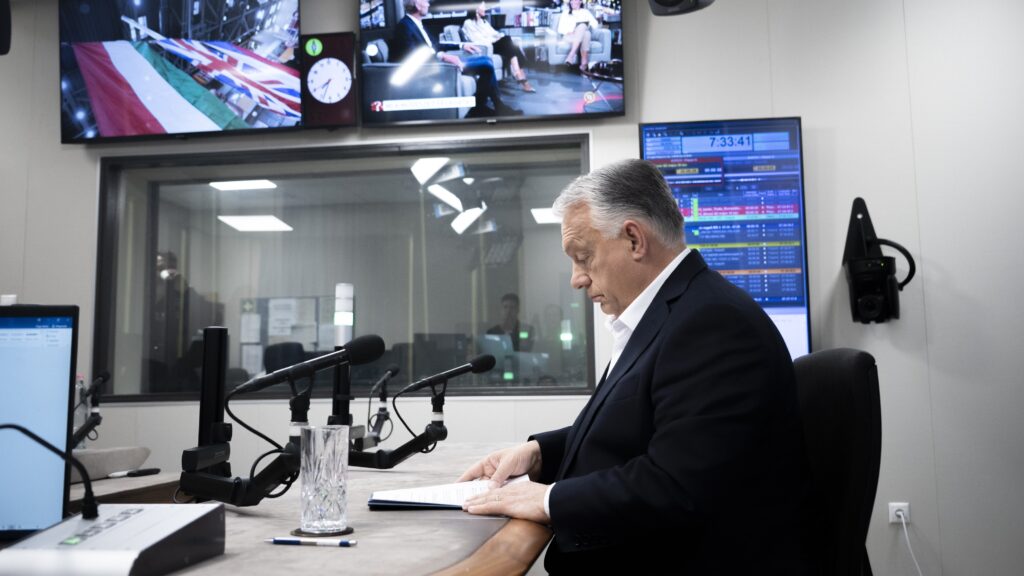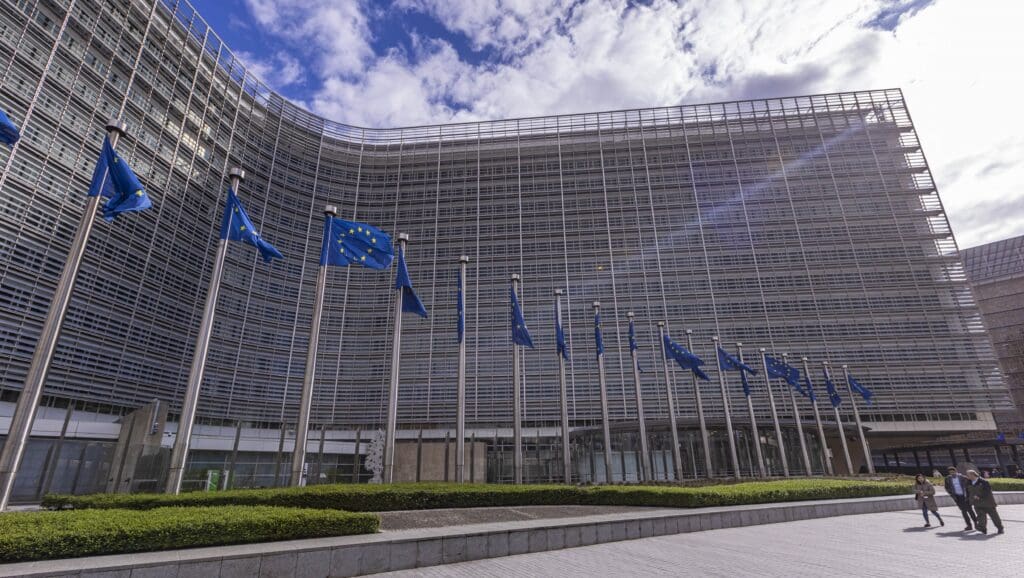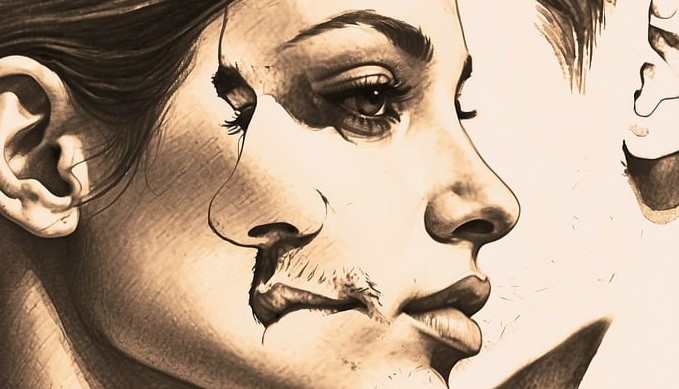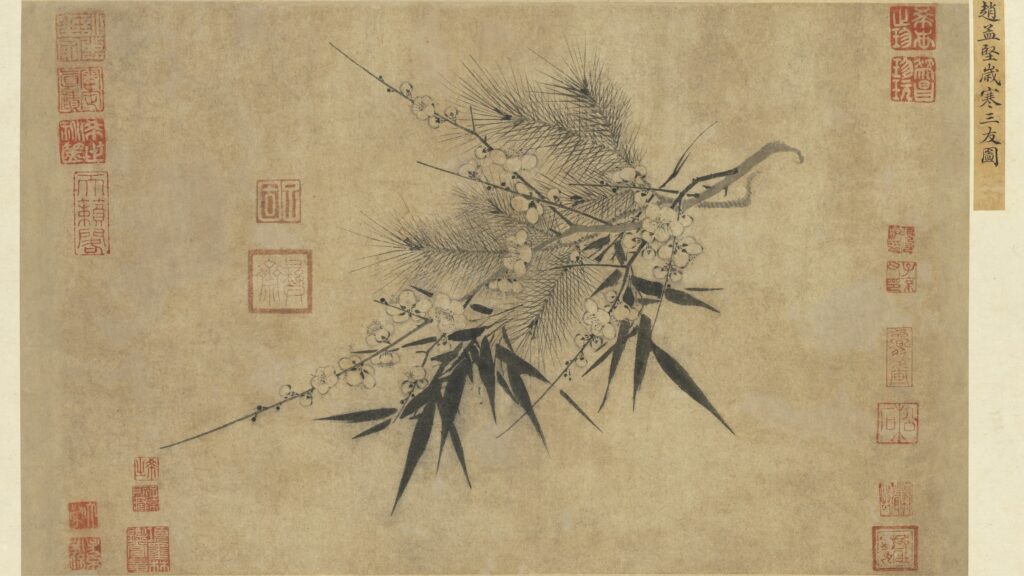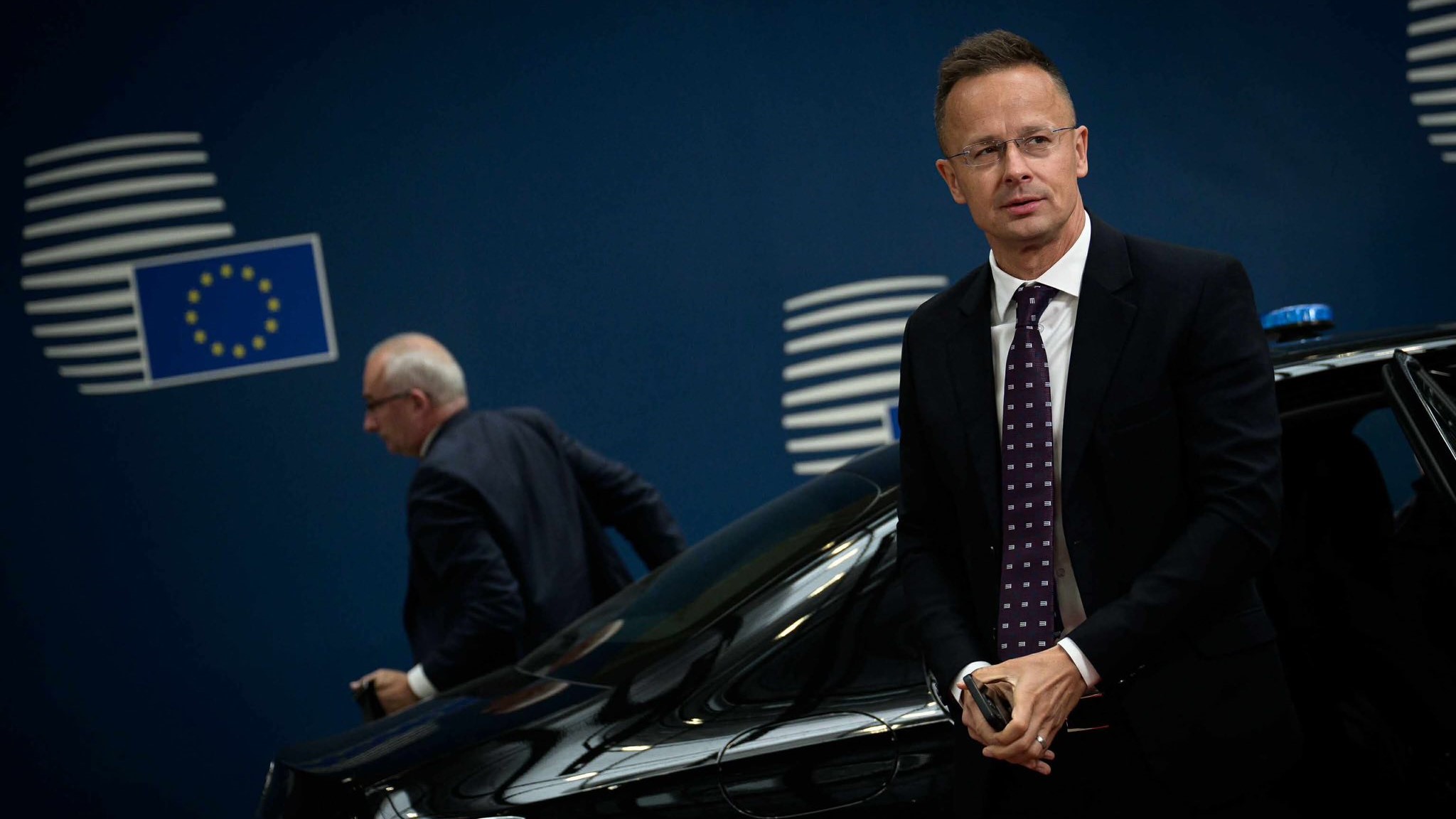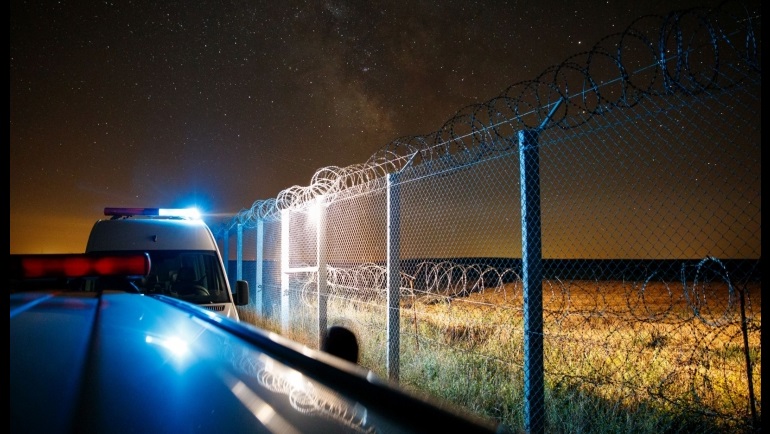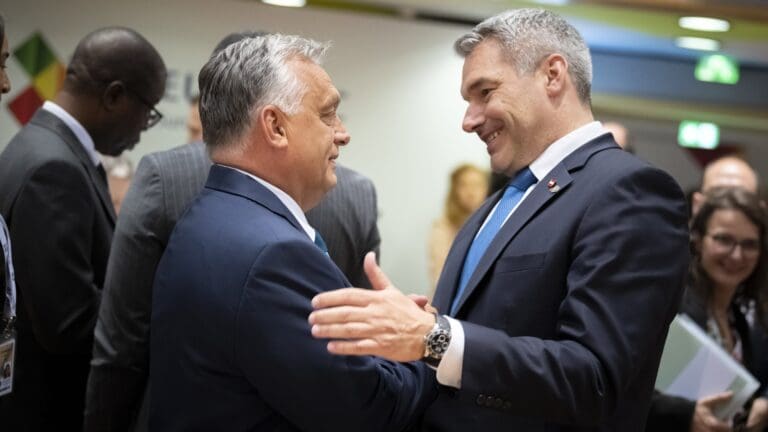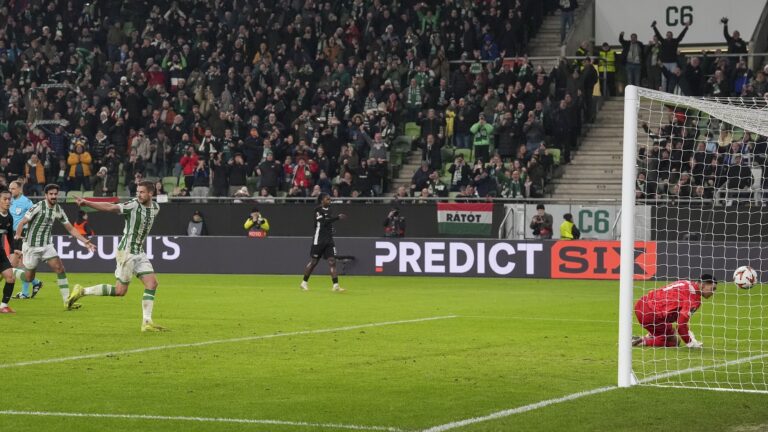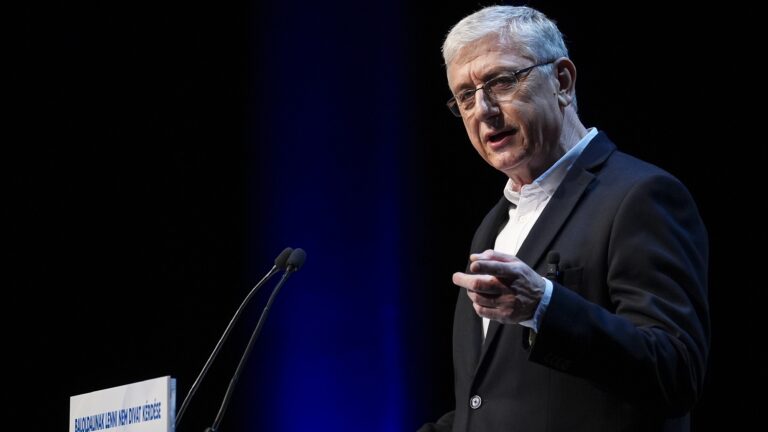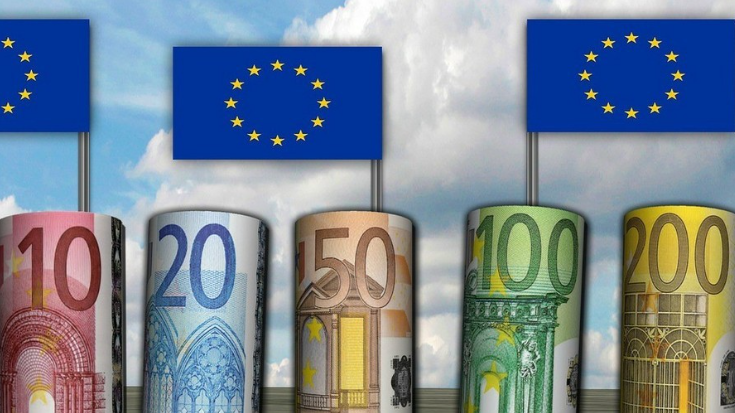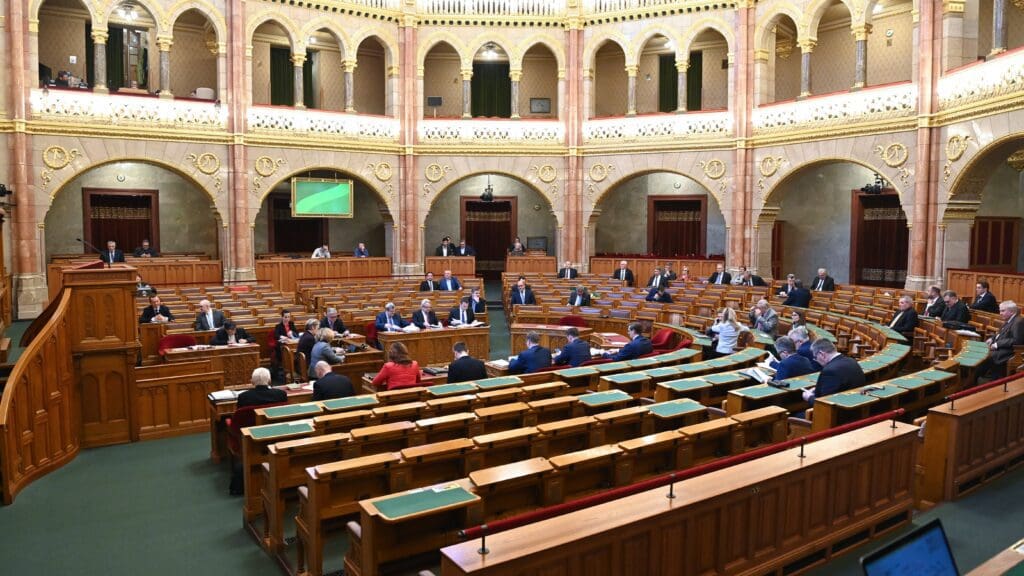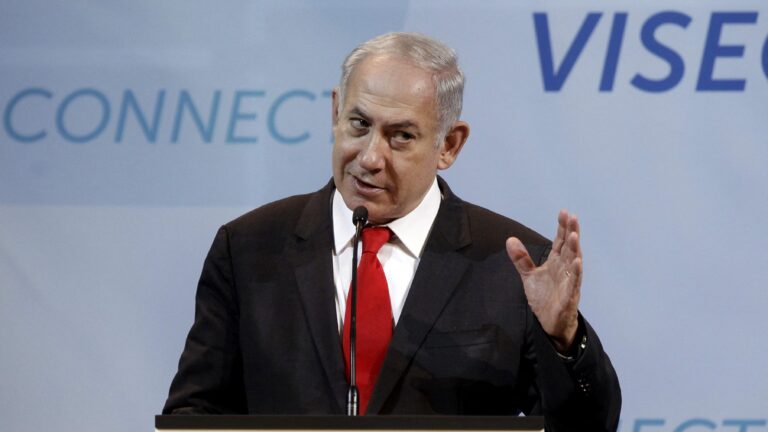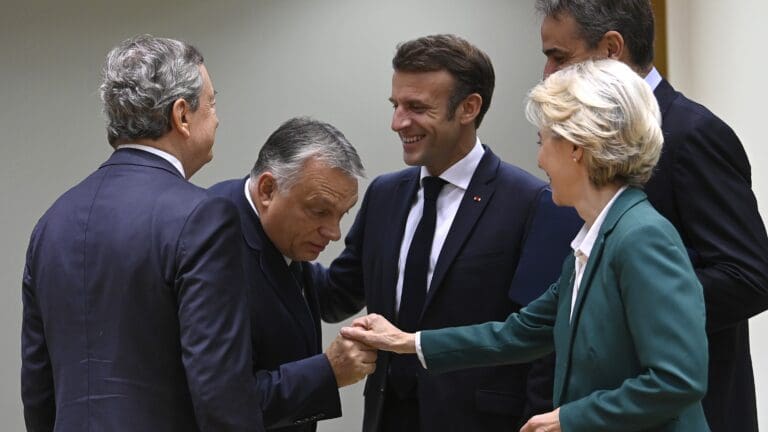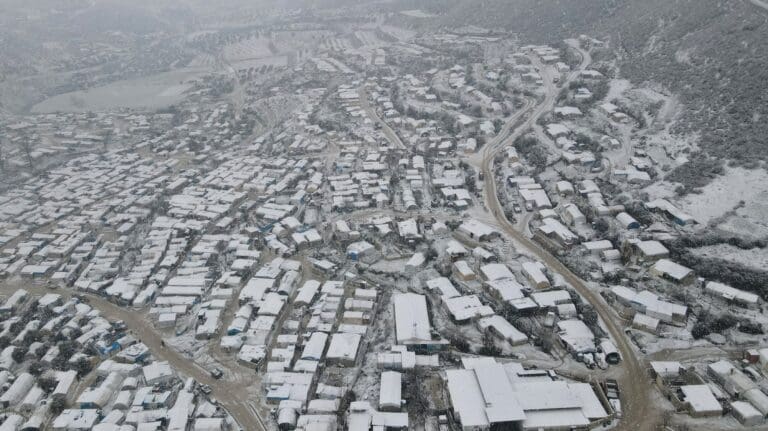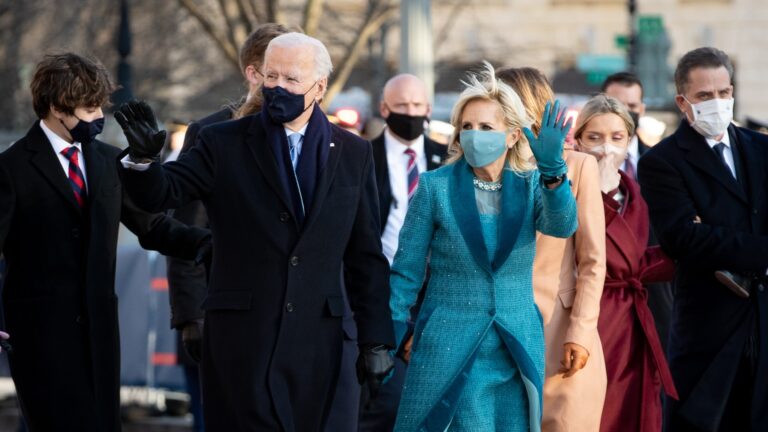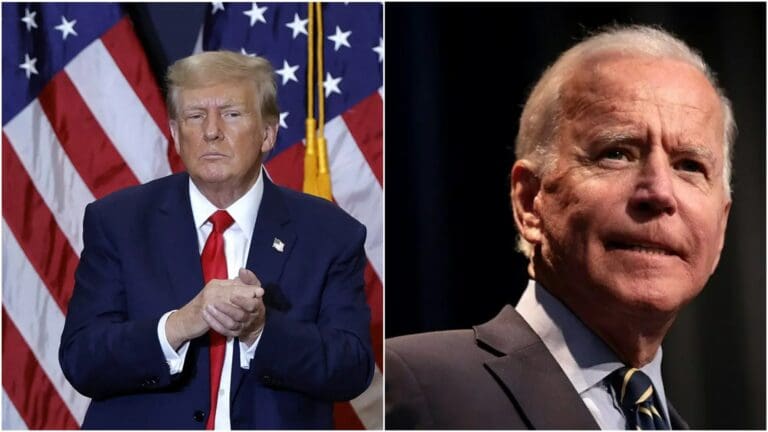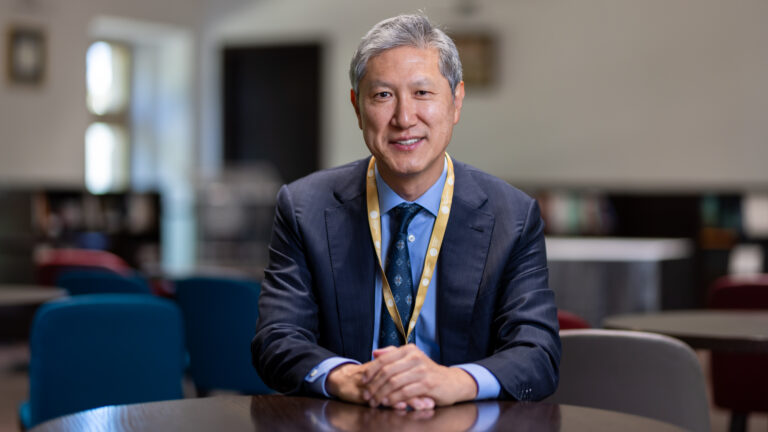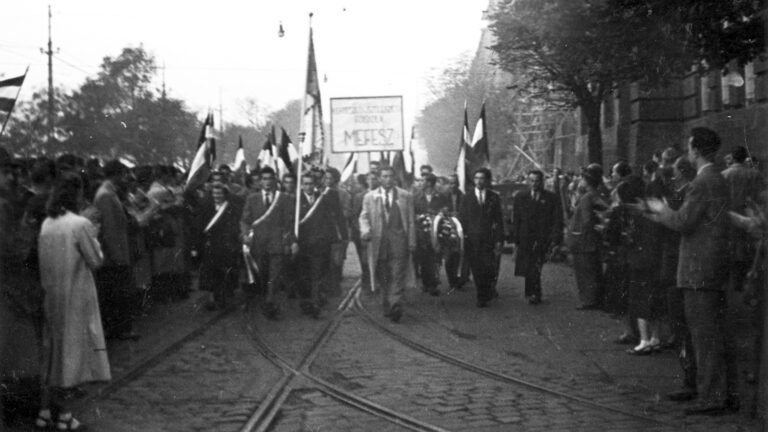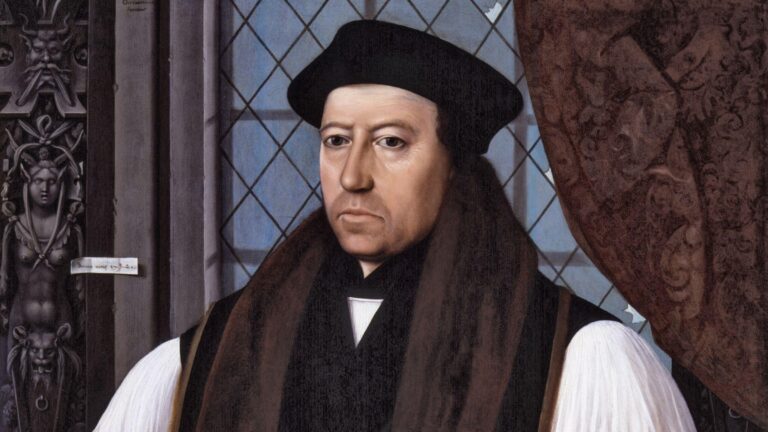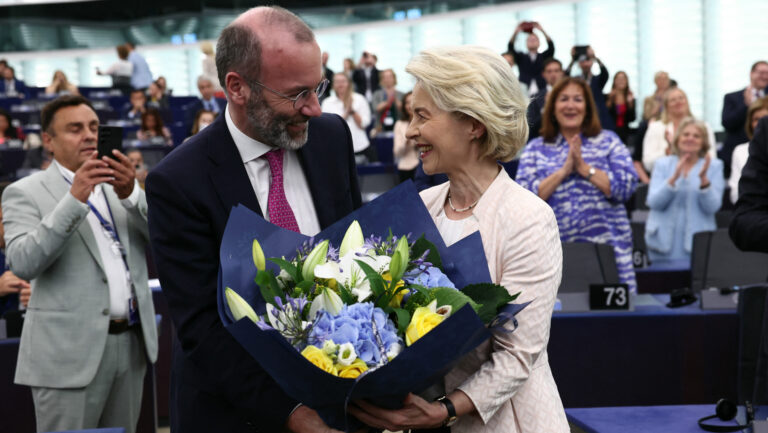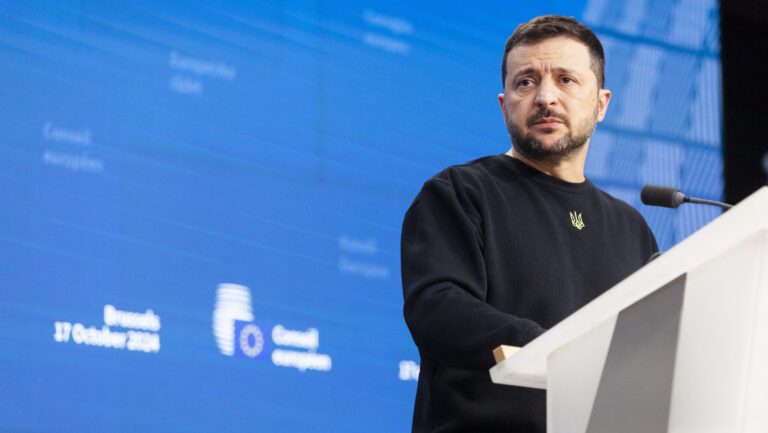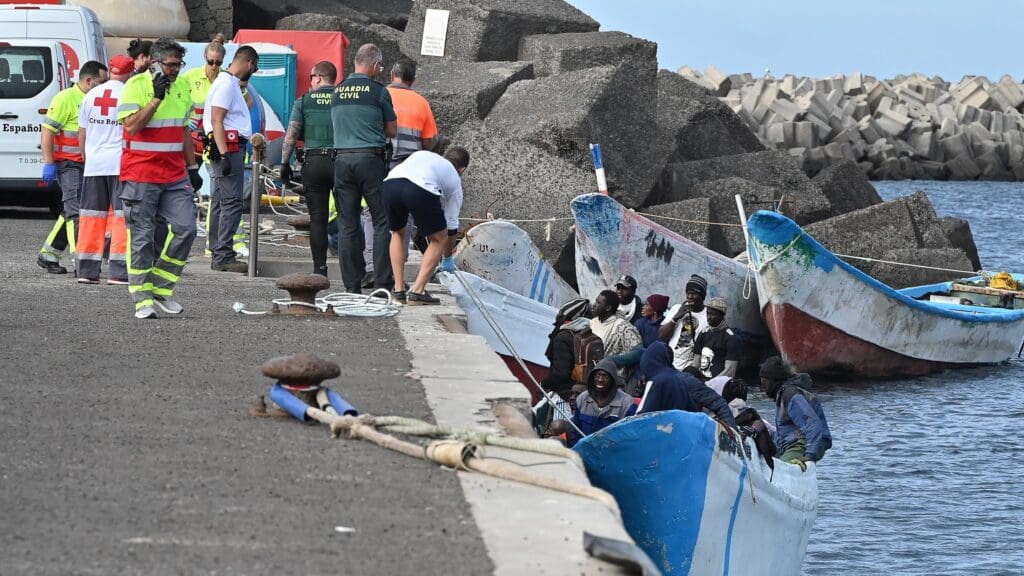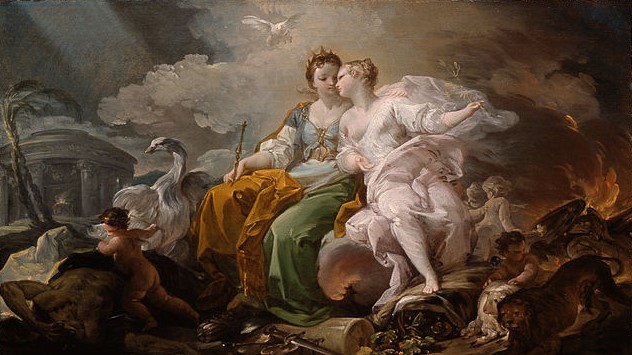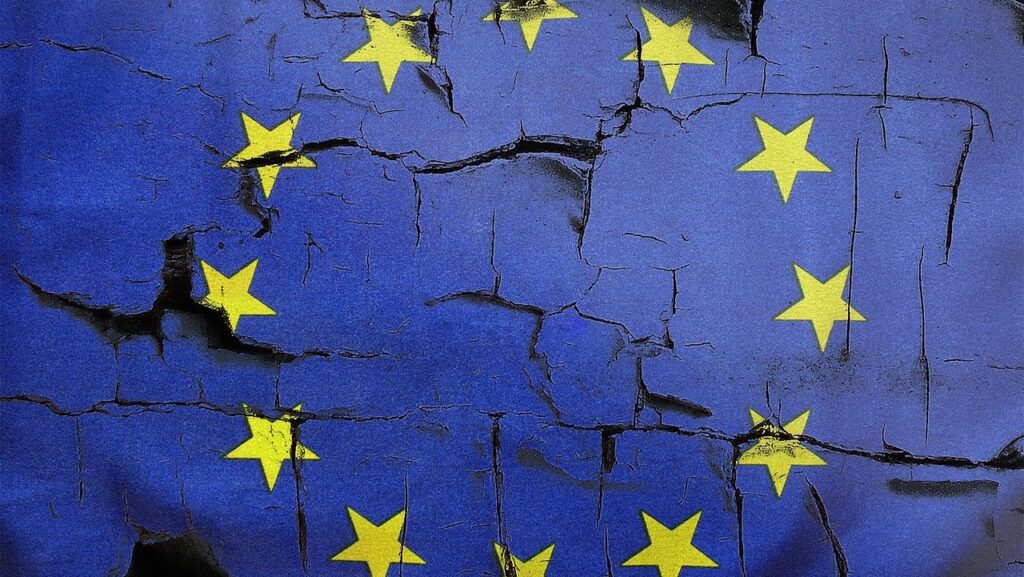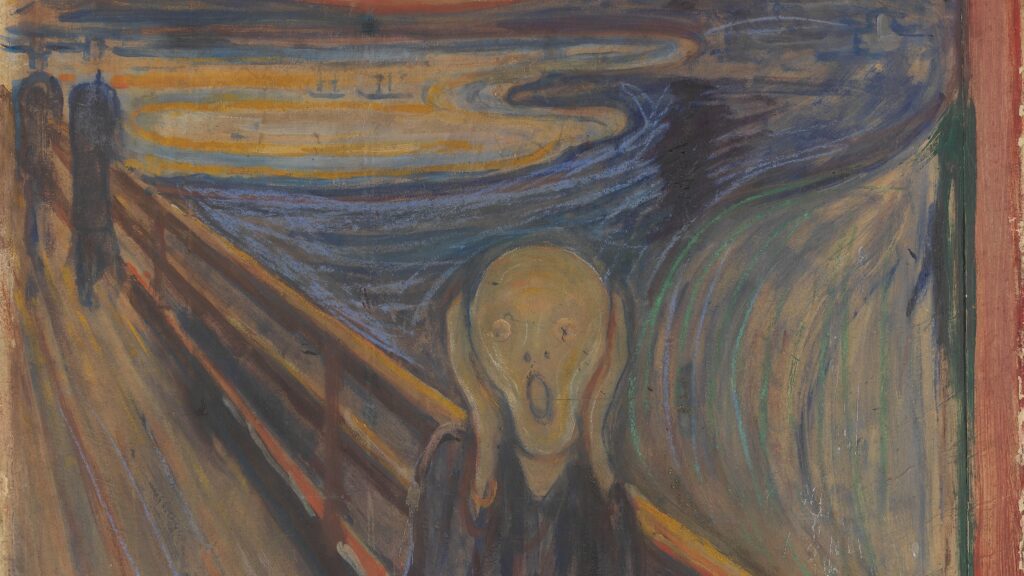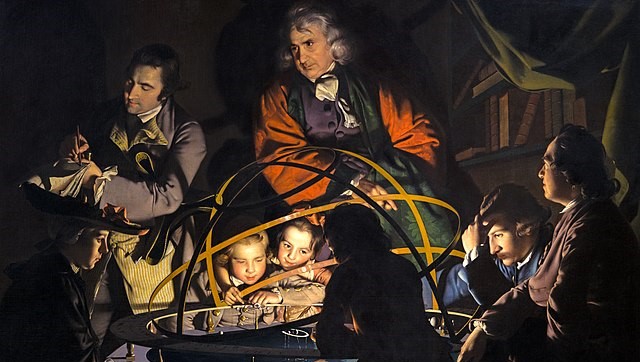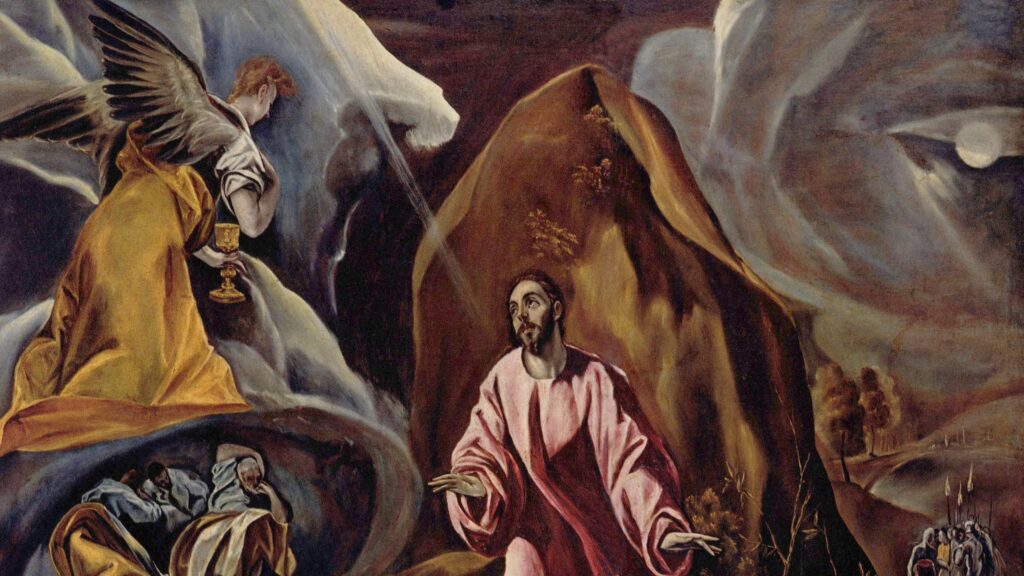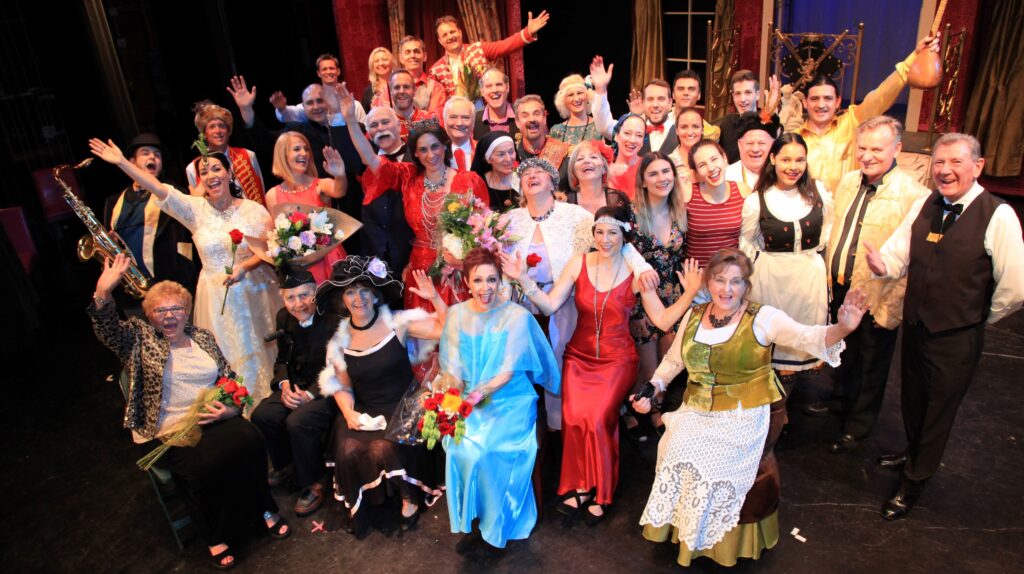
The Silent Coup of Algorithms — A Conversation with Laurent Ozon
In this wide-ranging conversation, Laurent Ozon explores how algorithmic intelligence reshapes society, politics, and identity—raising urgent questions about control, surveillance, and the future of human agency in an increasingly automated world.

Post-Traumatic Stress — Israel Wants to Be Invincible Because It Is Vulnerable
7 October 2023 will go down in Jewish history as the second Holocaust—or at least, this is how many Israelis feel. The day has irreversibly changed their lives, and Israeli society is gradually processing the catastrophe. Read our on-site report on the security situation in the Jewish state—and how it is perceived.
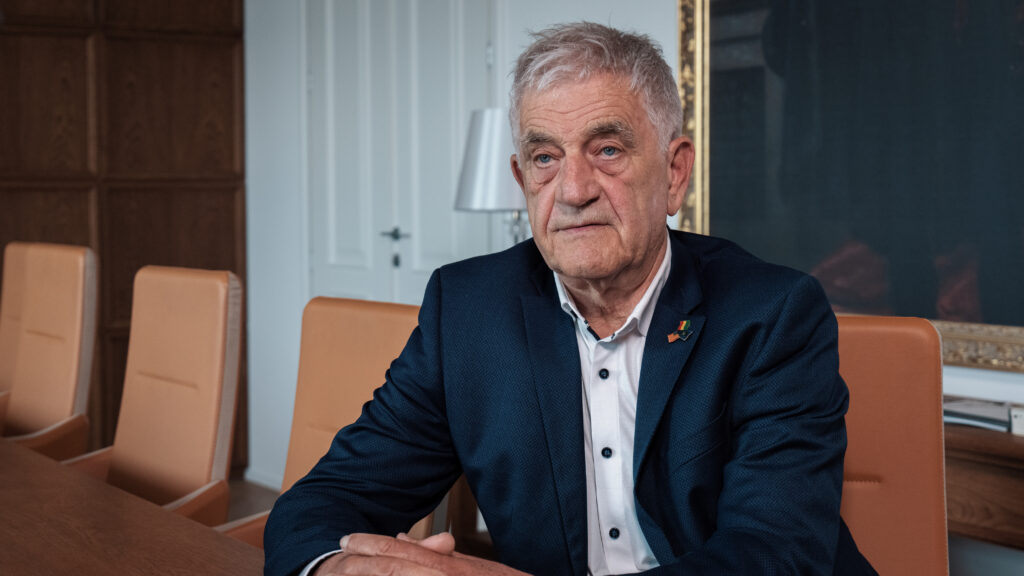
The Dilemma of Becoming a Leader — An Interview with Sándor Kürt
‘If you are an excellent professional, you can thrive in a smaller market. But if you are a leader, there are no limits to the size of the market you can serve,’ highlighted Sándor Kürt, co-founder and former CEO of KÜRT Zrt, in an interview with Hungarian Conservative.
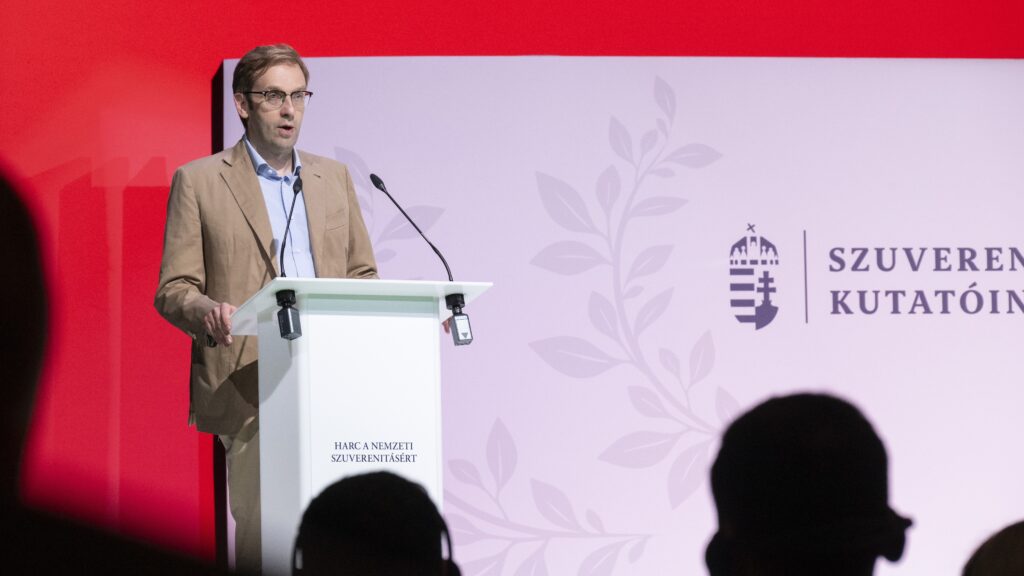
MCC Director: Foreign Funding Undermines Hungarian Democracy
Foreign influence is increasingly threatening Hungary’s national sovereignty, experts warned at a Budapest conference. Massive foreign funding, political manipulation, and NGO activity were cited as tools used to reshape Hungarian politics from the outside.
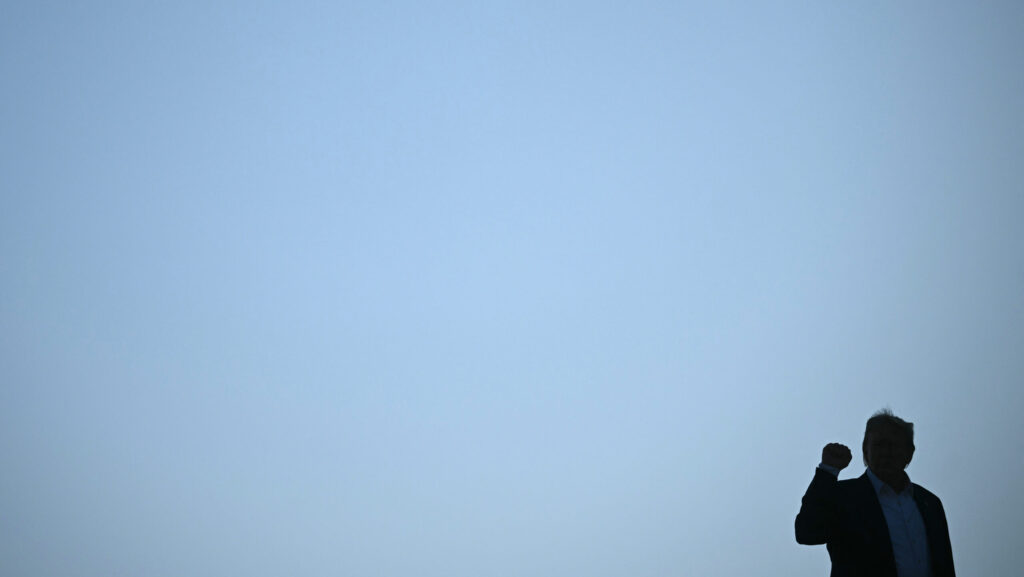
Trump’s Triumphant Return — Prospects Ahead of The Hague NATO Summit
US President Donald Trump will return to the NATO table in just a few hours for the first time since 2019. The summit in The Hague is set to be far from routine for several reasons: member states are expected to approve a 5 per cent defence spending target by 2035. It will also mark the first summit since 2022 not centred on Ukraine, raising questions about Kyiv’s increasingly uncertain future.
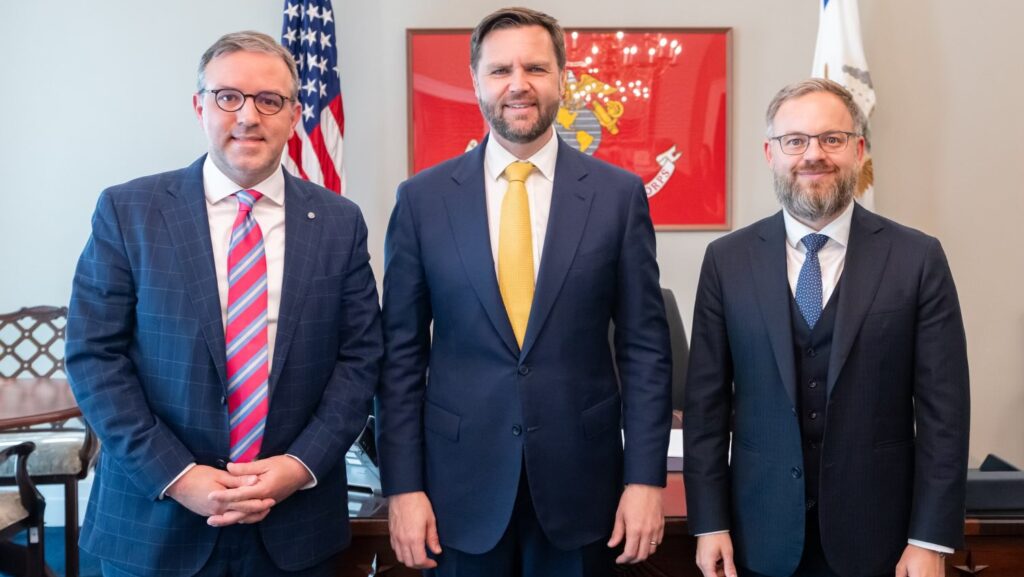
Balázs Orbán, JD Vance Discuss Deepening US–Hungary Ties in Washington
A series of high-level meetings between Hungarian and US government officials continues, as Balázs Orbán, Political Director of the Hungarian Prime Minister met with US Vice President JD Vance on Tuesday at the White House to discuss bilateral cooperation.

Crude Oil Prices Plunge in Response to Restrained Iranian Retaliation, Ceasefire News
After last week’s big jump, crude oil prices have come down close to their pre-Iran attack levels after the conflict in the Middle East between Iran, Israel, and the United States started to cool down. In response, the major US stock index also rose.
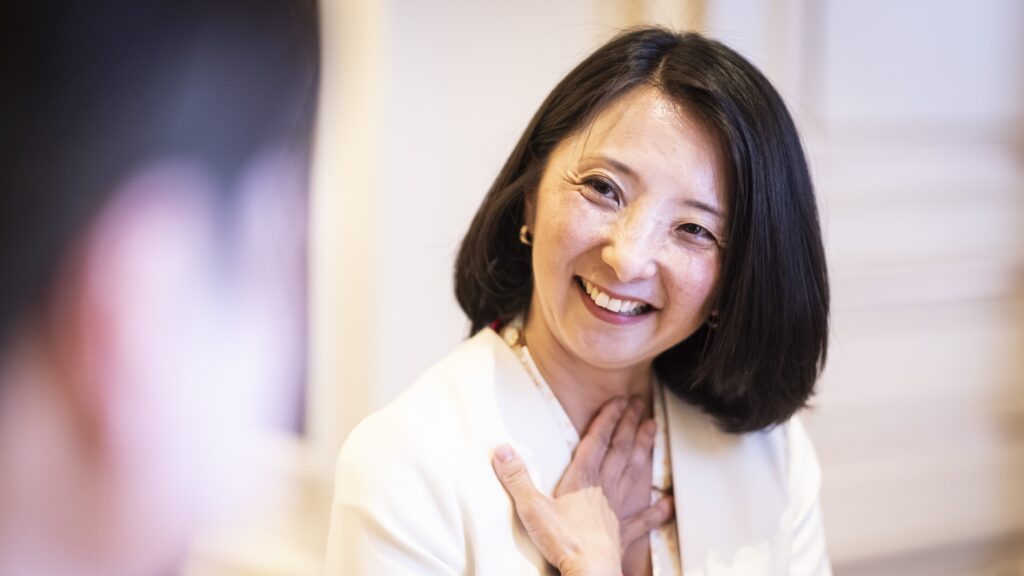
Hungary Is Seen as a Trendsetter in the Indo-Pacific — An Interview with Shihoko Goto
Shihoko Goto, Senior Fellow at the Mansfield Foundation, discusses the evolving concept of Indo-Pacific governance, Hungary’s strategic appeal in the region, and the balancing act countries face amid growing US–China competition.

Absolute Chaos within the Democrats, The New York Times Reports
According to a recently published article by The New York Times, under the leadership of new party chairman Ken Martin of Minnesota, the Democratic Party’s operations in the United States are plagued by a lack of funding and infighting.

Orbán Calls for Readiness as US Strikes Iranian Nuclear Facilities
Prime Minister Viktor Orbán has pledged to take decisive action to safeguard Hungary’s peace and security in response to the US airstrikes on Iranian nuclear facilities, citing the growing terror threat, rising energy prices, and increasing migratory pressure facing Europe.

